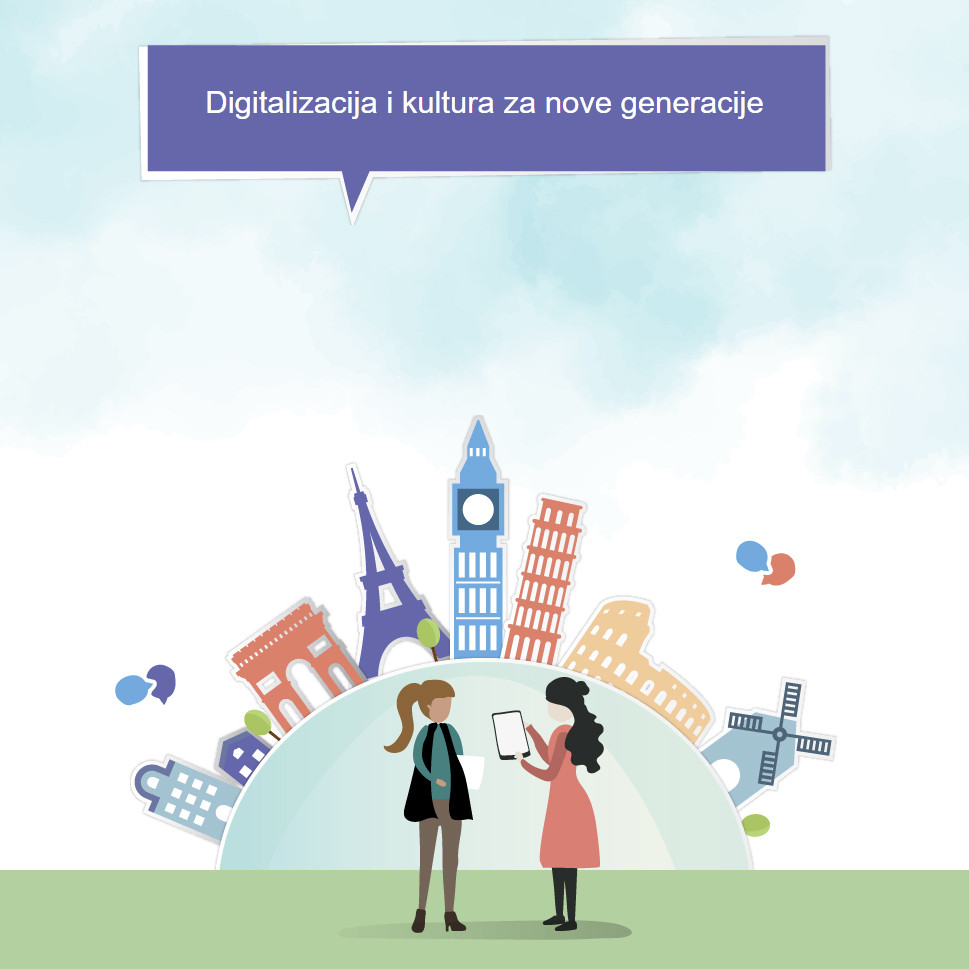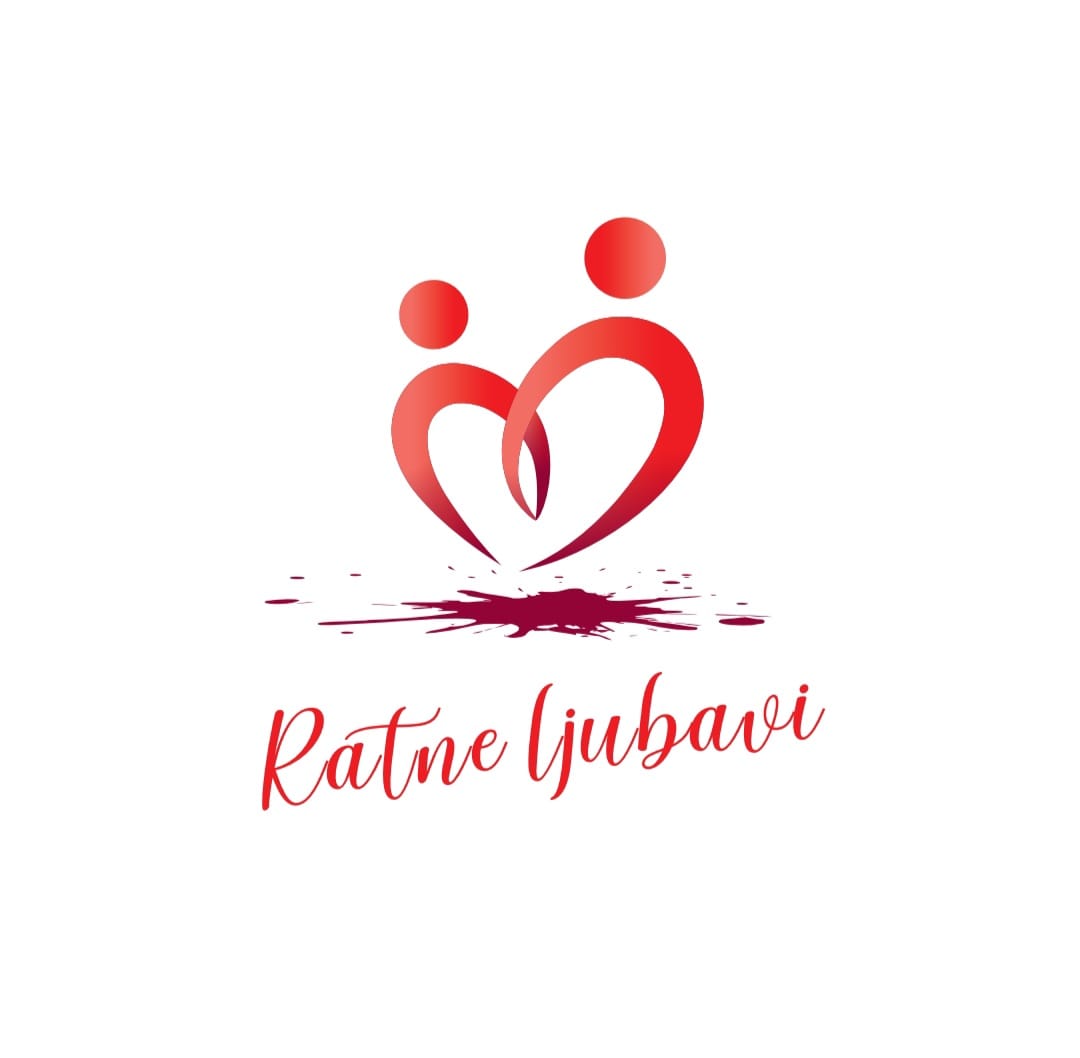[:bs]29.01.2021. godine Prirodno-matematički fakultet Univerziteta u Novom Sadu (UNSPMF) organizovao je hibridni događaj na kojem su predstavljeni rezultati DiCultYouth projekta. Na događaju pod nazivom “Prepoznavanje digitalne kulture za nove generacije” od strane profesora ovog Univerziteta, održane su između ostalog i radionice na temu geovizualizacija i geolokacija.
Događaj je imao za cilj da predstavi projekat i njegove rezultate svim prisutnim učesnicima, te promoviše online igru i online edukativni program u sektoru kulture. Dr. Časlav Kalinić imao je gostujuće predavanje na temu “Povijesni gradovi i moderni posjetioci – ispitivanje mogućnosti društvenih medija”.
Tokom događaja članovi konzorcija projekta predstavili su tri glavna rezultata projekta, a to su: IO1: Karta digitalnih vještina u kulturnom sektoru”, komparativna analiza istraživanja koje je provedeno na Kipru, u Grčkoj, Srbiji, Bosni i Hercegovini i Luxemburgu; IO2: Gamifying Culture”, online igra za mlade; i IO3: online edukativni kurs “DiCultYouth za evropsku digitalnu ekonomiju.
Zbog ograničenja covida-19 događaj se odvijao djelimično uživo u prostorijama Univerziteta u Novom Sadu, dok je live stream održan online na Zoom platformi.
Događaj je pružio priliku predstavnicima iz Ministarstva kulture i Informacija Srbije, muzeja, trenere strukovnog obrazovanja i osposobljavanja, putničkih agencija, predstavnicima medija, organizatorima događaja, osoblju nevladinih organizacija, kulturnih institucija, istraživačkih centara, uniji studenata i drugima da čuju više o DiCultYouth projektu i izgrade svoju mrežu.
DiCultYouth je službeno započeo u novembru 2018. godine. U svojih 27 mjeseci implementacije, projekt je razvio online igru i online edukativni program, koji su razvijeni na temelju rezultata istraživanja koje je sprovedeno u pet zemalja konzorcija.
Više informacija o DiCultYouth projektu možete pronaći na www.dicultyouth.eu.[:en]The University of Novi Sad Faculty of Sciences (UNSPMF) organised on January 29th 2021 a hybrid event to present the outputs and results of the project DiCultYouth. The event, titled “Recognising Digital Culture for New Generations” featured presentations and workshops from professors at the university with expertise in geovisualisation and geolocation.
The event aimed to present the project and its outputs to stakeholders, and promote the online game and the training course in the cultural sector. Face-to-face participants at the UNSPMF had the opportunity to also attend a workshop, integral part of the online module. Dr Caslav Kalinic also presented a guest lecture on “Historic Towns and Modern Visitors – Examining Social Media Capabilities”.
During the event, members of the project’s consortium presented the three outputs of the project, namely “IO1. Map Digital Skills in Cultural sector”, a comparative analysis of a survey that took place in Cyprus, Greece, Serbia, Bosnia and Herzegovina, and Luxemburg, IO2: Gamifying Culture”, an online game for young people, and IO3: the online training course “DiCultYouth for a European digital economy”.
Due to the Covid-19 restrictions, the event took place both face-to-face on the premises of the University of Novi Sad in Serbia and was streamed online on the platform Zoom.
The event was an opportunity for policy makers, people from the Ministry of Culture and Information of Serbia, museums, VET trainers, travel agencies, media representatives, event organisers, HEIs, NGO staff, cultural institutions, research centres, students’ associations and other to learn about the DiCultYouth project and build their network.
DiCultYouth officially kicked-off back in November 2018 aiming to enhance the employability of vulnerable young people and support youth with a background in humanitarian studies to pursue career opportunities in cultural heritage related fields. In its 27 months of implementation, the project developed an online Game and an Online training course, both developed based on the findings of a survey that took place in the five countries of the consortium.
You can find more information about DiCultYouth online at www.dicultyouth.eu.
[:]

